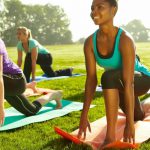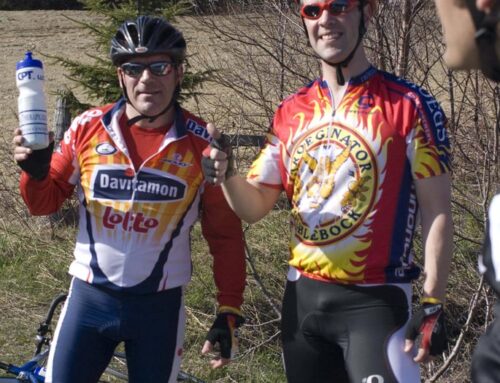There are many fitness crazes and exercise programs garnering so much attention nowadays that it’s difficult to keep up with, much less decipher what’s the best fitness routine for a particular individual. P90X, T25, Zumba, spin, bootcamp, cross fit, yoga and the list goes on. All of these disciplines have their merit with excellent concepts and are very beneficial in improving health and wellness.
One of the major goals of medicine is to prevent and or treat injury, illness and disease. Promoting and fostering improved fitness through exercise and lifestyle changes should also be a major objective. In this regard exercise might very well be “the Miracle Drug” or “cure” that we are all looking for. Poor fitness stands out by far as the single strongest predictor of illness and death. . . more powerful than obesity, diabetes, high blood pressure and cholesterol and smoking. There are many obvious benefits of regular exercise including; decreased obesity, increased cardio-vascular fitness, improved attitude and mental acuity and well being and maintenance of independence into old age, just to name a few.
Is exercise better than “real medicine?’
The answer is, “It depends.” Obviously there is no substitute for various medical procedures or prescription medications. If you are having a heart attack, you need an E.R. not a gym, if you have a severely arthritic hip you might not be able to exercise it away. The point is, a medical problem often times requires several methods of treatment. However, exercise in many instances can greatly reduce the number of methods necessary until perhaps the only treatment that you need is exercise itself. The real secret to exercise, after all is exercising. The best workout is the one you never miss.
Sometimes the most difficult thing is to actually get started. I don’t think that it’s what type of exercise or activity that you do, but that you consistently do something. seven days a week. Just like you brush your teeth 2-3 times a day, you must exercise on a daily basis. Our ancestors worked hard and sweated, everyday, all day. Certainly we can find 30 minutes to 1 hour everyday to break a sweat!







Leave A Comment